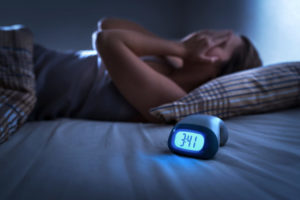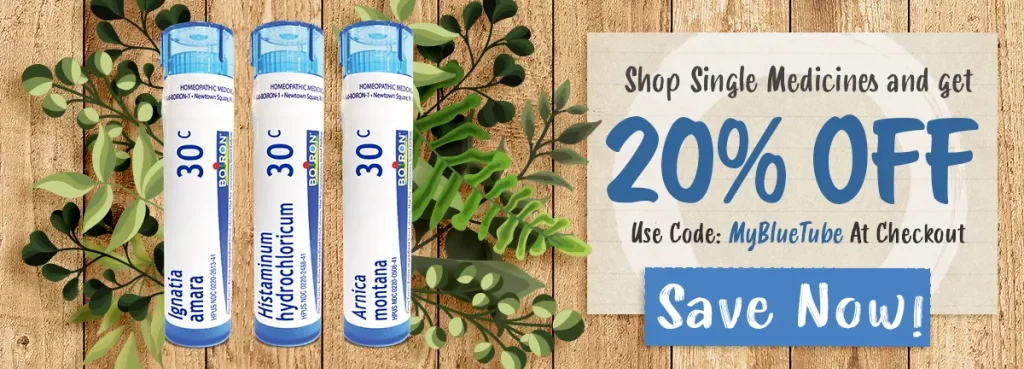Beat Back-to-School Aches and Pain
Last updated on August 3rd, 2022 at 04:10 pm
It’s back-to-school season and for many children that means back-to-fall sports and activities. Sometimes these activities can lead to a few bumps and bruises. In fact, because children’s bodies are still developing they’re more susceptible to injuries. According to the Centers for Disease Control and Prevention, more than 2.6 million children are sent to the emergency room each year for sports-related injuries. So what can you do to protect your child? Here are a few safety measures you can take:
-
- Identify potential medical issues early. Have your child undergo a pre-participation physical evaluation (PPE) every year to identify medical problems like congenital heart defects, history of concussions and asthma that may affect sports participation. Make sure your doctor uses the most current PPE form even if the school does not require it.
- Prepare them for the season ahead with proper conditioning. Injuries often occur at the beginning of the season when kids are most likely to be out of shape. Before the start of the season, have your child follow a conditioning program designed for his or her sport. Proper conditioning, especially building hamstrings and inner quadriceps muscles have been shown to prevent injuries in the knee area and non-contact injuries of the anterior cruciate ligament (ACL).
- Encourage your child to follow all safety rules. Sport injuries often occur when children are not abiding by the rules, for example, engaging in an illegal move such as tackling someone headfirst in football (i.e., spearing).
- Ensure they wear the right gear. Some children may feel that safety gear gets in the way of their performance, however, let them know that safety pads, helmets, mouthpieces, etc. can actually help keep them in the game.
- Encourage them to listen to their bodies. Let your children know that if they experience pain during their activities they should let an adult know immediately, since playing through the pain can only worsen an injury. Furthermore, ensuring that he or she stays hydrated and takes breaks during their activities can also help prevent mishaps. It’s vital that children have rest days between their activities so their bodies can recover. The American Academy of Pediatrics suggests that children have at least one rest day per week and one month off from training per year.
- Create your own sports first aid kit. Develop a first aid kit to address issues specific to your child’s activity. You’ll want to have Arnicare Gel in your kit to help relieve your child’s minor muscle pain, stiffness or bruising.* Made from a type of Mountain daisy (Arnica), Arnicare offers fast cooling relief without a strong medicinal smell and it’s free of parabens. And after a really tough practice or game, if your child is feeling achy all over, you’ll want to have Arnicare Arnica Tablets on hand. Recommended for everyone 2 and up, Arnicare Tablets will not cause drowsiness (so they’ll be alert for their post-activity homework session) and it can be used in combination with the topical.
For more tips for pain relief, visit Arnicare.com.
*These “Uses” have not been evaluated by the Food and Drug Administration.
References:
- American Academy of Pediatrics. 2016 Sports Injury Prevention Tip Sheet. 2016 Sports Injury Prevention Tip Sheet. https://www.aap.org/en-us/about-the-aap/aap-press-room/news-features-and-safety-tips/pages/sports-injury-prevention-tip-sheet.aspx?nfstatus=401. Published March 18, 2016. Accessed August 24, 2016.
- Centers for Disease Control and Prevention. Sports Safety. Centers for Disease Control and Prevention. https://www.cdc.gov/safechild/sports_injuries/index.html. Published April 30, 2016. Accessed August 24, 2016.
Share article:
Facebook
Twitter
LinkedIn
Pinterest
Email




2 thoughts on “Beat Back-to-School Aches and Pain”
Do you have a teething formula?
Our Camilia teething medicine is available in single liquid doses and helps relieve painful gums, irritability and minor digestive disorders sometimes associated with teething. It’s available for purchase on the Shop Boiron website: https://shop.dev.boironusa.com/medicine/camilia-2/